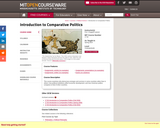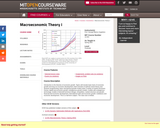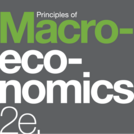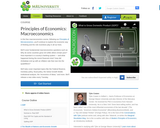
This class first offers some basic analytical frameworks -- culture, social structure, and institutions -- that you can use to examine a wide range of political outcomes. We then use these frameworks to understand (1) the relationship between democracy and economic development and (2) the relative centralization of political authority across countries. We will use theoretical arguments and a wide range of case studies to address several questions: Why are some countries democratic and others not? How does democracy affect economic development and political conflict? Why do some countries centralize power while others threaten to fall apart through secession and civil war? We will use examples from a wide range of countries including Argentina, Brazil, Germany, Iraq, Italy, Mexico, and the United States. The lessons drawn from these countries will prepare you to analyze other countries of your own choosing in the paper assignments. At the end of the course, you should be able to analyze political events around the world, drawing on the theoretical explanations provided in the class.
- Subject:
- Political Science
- Social Science
- Material Type:
- Full Course
- Provider:
- M.I.T.
- Provider Set:
- M.I.T. OpenCourseWare
- Author:
- Lawson, Chappell
- Date Added:
- 01/01/2006









